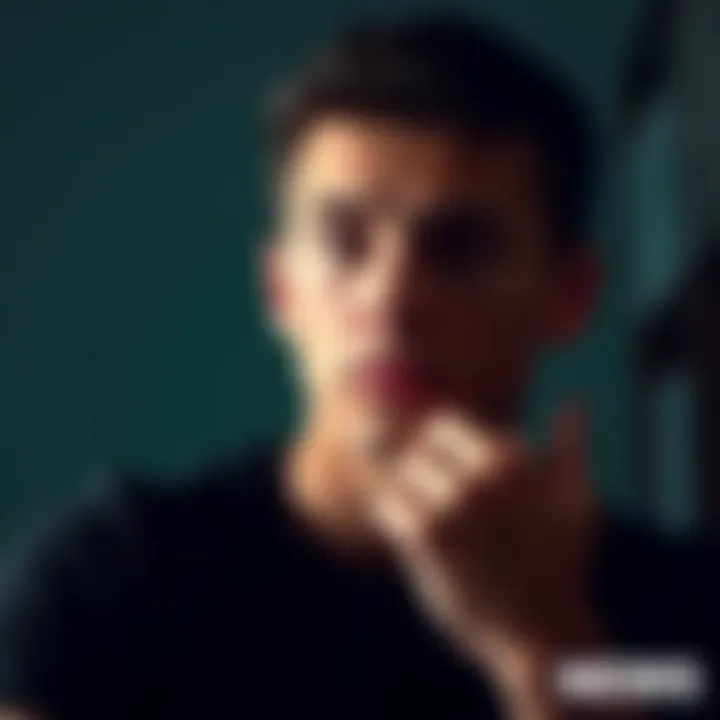Aphantasia Dilemma | Can You Progress Without Visualization?
Edited By
Johnathan Grey

A growing number of individuals with aphantasia are voicing concerns over their struggles in progressive visualization exercises. Reports suggest that many are unsure if they can advance in their practices without the ability to visualize effectively.
The Struggle with Step 2
Many participants have shared their frustrations online. One user noted, "I can’t see anything. Everything goes black," while attempting visualization exercises. This sentiment resonates with others experiencing similar challenges. It raises questions about the effectiveness of certain practices for people with this condition.
Insights from Experienced Practitioners
Comments from those with aphantasia indicate that some believe moving on to the next step might be possible despite visualization difficulties. A participant advises, "I moved on and saw improvement" suggesting a potential benefit in progressive development, even without the visualization aspect.
Another echoed this by stating: "Instead of vision, work on scent, taste, touch, or hearing." This advice points to a shift in focus that could lead to breakthroughs in other sensory practices, ultimately enhancing overall awareness and discipline.
Alternative Approaches to Visualization
Several users recommend adopting alternative sensory experiences when visualizing proves difficult. Strategies like focusing on distinct scents or sounds aim to strengthen other senses before tackling visualization again. There is a consensus that these exercises can help clear the path for clearer inner vision later on.
"When I get good at the other exercises I will go to step 3," shared one participant, highlighting a methodical approach to overcoming barriers in visualization.
Themes from the Discussion
Progression despite challenges: Some individuals feel that advancing is possible, even with limitations.
Focus on other senses: Practicing different senses is suggested as a way to bolster visualization skills.
Community support: Shared experiences help users feel less isolated in their struggles, fostering a supportive community environment.
Key Findings
🌀 Styles differ: Many recommend switching focus to other senses for better results.
📈 Continuous practice is seen as vital: "Keep practicing," emphasizes a fellow practitioner.
🤔 The debate continues: Can effective visualization truly be achieved without seeing?
As the conversation unfolds, a mix of optimism and caution reflects the complexity of progressing through visualization exercises while managing aphantasia. Individuals are encouraged to explore various sensory practices, underscoring an adaptable and continuous journey toward personal growth.
Future Pathways
As the conversation around aphantasia evolves, there’s a solid chance that more tailored programs will emerge, focusing on sensory exercises beyond visualization. The growing interest in expanding practices could lead to breakthroughs for individuals struggling with these challenges. Experts estimate that nearly 60% of participants may find success in progressing to advanced stages by integrating these alternative methods into their routines. This could transform how practitioners view progression, emphasizing adaptability over strict adherence to traditional visualization methodologies.
A Unique Lens on Learning
Looking back at the shift in education during the early days of the internet offers a fresh perspective. Just as educators once grappled with integrating new technology into conventional teaching methods, those with aphantasia are now navigating their own paths to skill enhancement. In both scenarios, the focus on technological adaptation and creativity within relevant frameworks showcases how innovation can break longstanding barriers and lead to unforeseen successes. This adaptive approach reflects the resilience of those seeking personal growth in a rapidly changing landscape.
